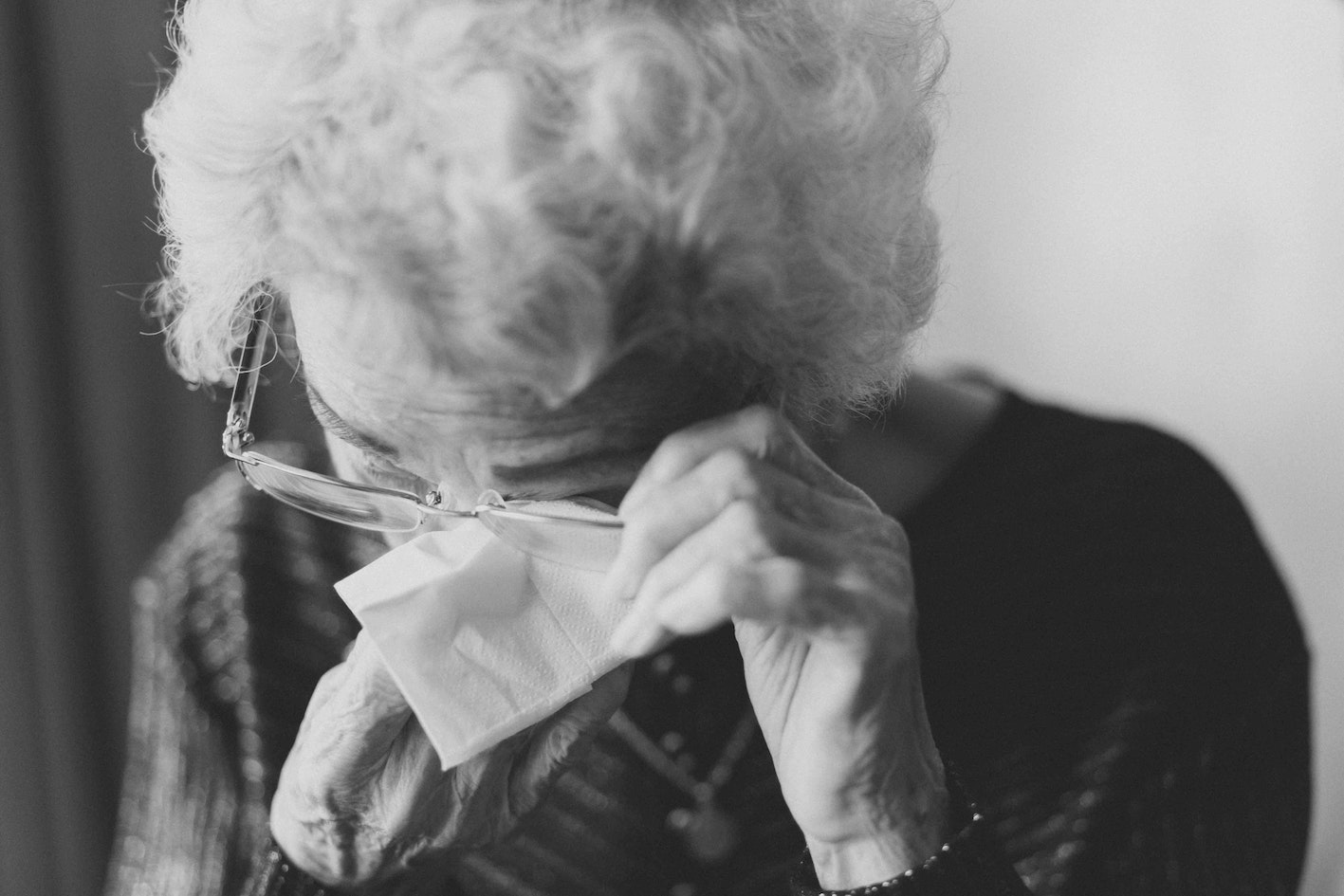Many people believe that if you are meant to get Alzheimer’s Disease, you will get it when you get older, and that you can’t do anything about it. Many people believe that it is in your genes, so if your parent or grandparent had Alzheimer’s Disease, then you would be likely to get it as well.
People are often fearful that they too will end up with severe cognitive impairment, need full time care and not remember their family or be able to do normal daily activities such as eat, dress and talk. And people also are of the understanding that there is nothing they can do to prevent the decline towards this disease. And so given these beliefs, people just don’t want to think about it. They go about their daily life, growing older, trying not to consider the possible pathway that may lie ahead. Until it happens to them, or to their loved one. Then it is all too real, and too late.
There is a gene that has been associated with Alzheimer’s Disease, however even people who carry the gene, may not get the disease. And people who do not have the gene, may still get the disease.
People usually begin to experience cognitive decline, which is often the early stage of Alzheimer’s Disease, in their 60’s of older. Memory impairments begin to occur first, followed by communication challenges, with the more severe stage resulting in people not being able to function independently at all.
Brain imaging of people with Alzheimer’s Disease shows cerebral atrophy and a build up of amyloid. This means that parts of the brain have decreased in size which affects the messages that are sent between neurons. Neural pathways may disappear altogether or become so damaged that they barely function to communicate information within the brain. Unfortunately at this stage, when there is such atrophy, there is no treatment. People will continue to decline in function, with care and management of symptoms the very best measures available.
 It has been found that changes in the brain that go on to cause Alzheimer’s Disease, actually begin to occur well before any symptoms begin to appear, in what is termed the preclinical phase of the disease. These changes occur even decades before symptoms begin to appear.
It has been found that changes in the brain that go on to cause Alzheimer’s Disease, actually begin to occur well before any symptoms begin to appear, in what is termed the preclinical phase of the disease. These changes occur even decades before symptoms begin to appear.
A very large review that compared MRI scans of thousands of typical developing brains, and brains with Alzheimer’s Disease and Mild Cognitive Impairment (Coupe et al 2019) found that the earliest change occurs in the hippocampus which is detectable in the late 30’s, and that changes begin to occur in the amygdala around 40yrs of age. And just to refresh your memory, the hippocampus is responsible for learning and memory, and the amygdala for emotional processes. The lateral ventricles and thalamus also show changes around late 30’s/early 40’s.
So it is obviously not just genes that cause Alzheimer’s Disease. It is thought that a variety of modifiable risk factors can cause the disease. And that exposure to these risk factors in mid-life increases you probability of getting the disease later in life.
These modifiable risk factors are largely lifestyle related. The fantastic news is that they are all modifiable, which means you have power to change them. Risk factors include lifestyle behaviours such as what you eat, how physically active you are, how much and what type of sleep you get, whether you smoke, drink alcohol or use other harmful substances, what level of education you have achieved, how socially connected you are, what your hearing is like, etc.
Getting Alzheimers Disease is not an inevitable part of your ageing pathway. Lifestyle is a significant contributor to getting the disease. You can change lifestyle behaviours. As brain changes occur earlier in life than you expect, you should consider the impact that your lifestyle is having on your brain when you are in your 30’s and 40’s. However it is never too late to make changes to your lifestyle to benefit your health. If you make changes in your 50’s and 60’s your brain and body will benefit.
Take a look at your lifestyle, and see if there are aspects that you could change. Take small steps to make change and don’t make too many changes at once. Change can be really difficult. Changing behaviours that you have done for years or decades may seem impossible. I help people make changes to many different lifestyle behaviours, so they can minimise possible brain changes early on, and reduce their risk of brain disease when they are older.
Be in touch if you would like to know more about how I can help you to live a brain healthy lifestyle.
Coupé, P., Manjón, J.V., Lanuza, E. et al. Lifespan Changes of the Human Brain In Alzheimer’s Disease. Sci Rep 9, 3998 (2019). https://doi.org/10.1038/s41598-019-39809-8

